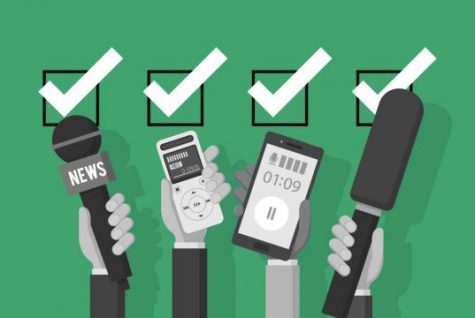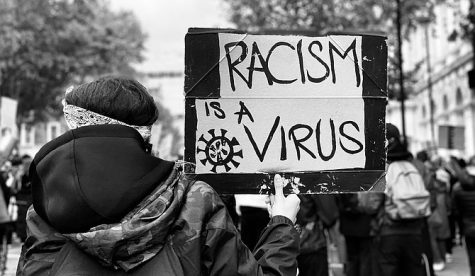Troubled Youth
When a child is born, parents see that child as something pure and innocent that needs to be protected from the world. A new creation brought onto earth that was made with their aid and will be raised with their sacrifices to be a human of decency or one that brings turmoil, but that is not the point. The ignored point is that all children need to be provided with an outlet, such as after school programs or counselors that genuinely care about their issues.
At times it is impossible to know what a child is exposed to beyond school hours and how just listening and encouraging can change someone’s life for the better.
All children are born one of two ways, and all start with the opportunity to soar or crash, but that decision is never solely on them. Grades matter if you wish to go far, and applying dedication to all you do is critical, but what about the circumstance of upbringing and environment? Doesn’t that too apply?
It is so easy to choose a life filled with bad decisions because others around you are doing it, and school seems to be boring because you feel unheard and like you cannot achieve because no one has ever told you that you could or treated you like a child.
Paul Flowers, a paraprofessional, said, “I have been working with kids for about five years now, and I can say kids with issues at home and having no real role model and person to relate to or confide in would be considered a troubled youth.”
As a child whose time was split between growing up in the quiet suburbs of New York and the loud, busy streets of New York City, I was fortunate enough to witness both environments. As an adult, I now realize how much the environment you are surrounded by will play a part in your life path, whether you want it to or not.
Afterschool programs, sports, and mentors are easy to find in schools in the suburbs because it is evident that that is needed. However, in New York City, the youth wreak havoc and are thrown behind bars with swiftness or given records easily because the judicial system sees them as bad apples with brown and black skin. If you listen, it is easy to hear their souls crying for someone to listen or help.
Children need to be in an environment where love is shown. Their voices can be heard, rather than in a situation where they are seen, heard, or mistreated—feeling that connection to someone is nothing short of being extremely vital to their growth development. Many will not get that at home, which is an area where the educational systems need to make sure they never fail.
Parents work, and single parents in New York City is not a rare sight, so without that guidance, it is easy to become a statistic, which is unfortunate when so much more can be done.
Flowers went on to say, “I honestly feel like programs such as after school and paras that work in these institutions make up for the lack of care the educational system provides. The majority of these teachers look nothing like us. They are not black and brown, so how can these kids take them seriously when they don’t understand what we go through to deliver the knowledge our youth need. I have seen “Caucasian teachers” call some of these kids ‘animals.’ That being said, this is where afterschool programs and extracurricular activities come in handy because it’s us teaching us. I’ve seen kids that have been through the worst and have the worst attitudes but have positive changes because of the care we afterschool workers and paras show them. They come to school and hug us. They look up to us for the mere fact we see them as people.”
Children are tiny sponges with a human brain. The treatment they have no choice but to endure as they grow, whether negative or positive, along with what they innocently witness, is what will play a huge factor in the behaviors they display to the world. Their trauma is what holds onto them like a vice grip, and because of the lack of maturity and understanding, it will cause behaviors that some teachers, parents, and even friends, might not be able to understand. That is something that goes over many people’s heads, whether it is purposely or not.
An example would be; when a child is continuously hit, they will flinch when someone goes towards them or innocently raises a hand near them; now apply that to children’s everyday lives. When a child is used to something, that becomes embedded in their memories, and whether they flinch or act out, it is because of something that happened to them. It is not just because they choose to act out because that is what they want to do.
Suppose a child is raised to be calm and docile. In that case, that is most likely the behaviors they will exhibit to the world around them because they have been conditioned to behave that way. However, if a child is raised without discipline or in an environment heavily influenced by crime and gang activity, unfortunately, that is most likely what they will fall victim to.
In a perfect world, help would be given to all who needed it without a problem, but our world is beyond perfect. It should be seen as criminal to ignore youth because of the environment and label them, without even allowing them to put all of their emotion into something other than what the streets’ lure seems to offer them.
Erykah Beaulieu is currently a senior at Mercy University. She's had a passion for chasing news stories since middle school and decided in high school...






